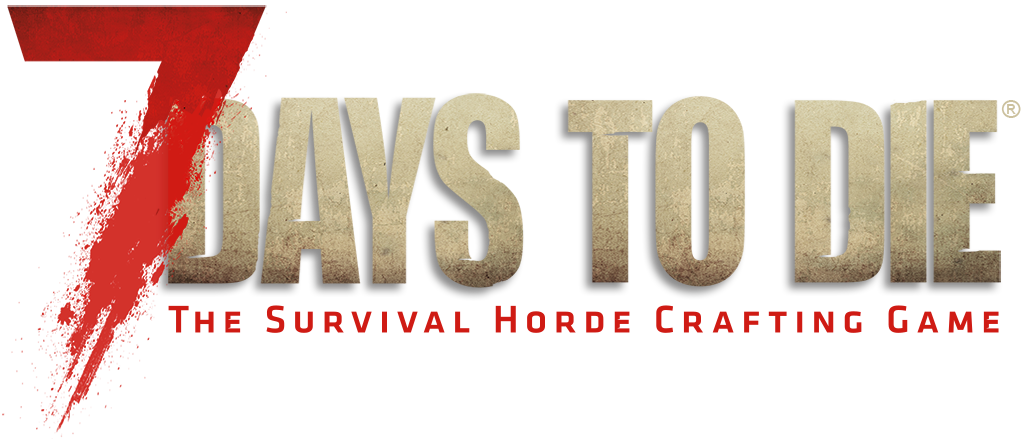The Hoeg Law video I posted earlier is very informative, and worth the watch.
Key takeaways:
The model seems to be pushing developers to purchase Pro ($3k/yr/seat) and Enterprise ($5k/yr/seat) pricing. So if a developer has 10 devs, it would be $30k/yr for pro licensing.
No indication on how Gamepass installs work. Likely, MS will pass it on to gamers or possibly developers as a "sales tax".
How do they track pirated installs?
The install tracking is "black box" algorithms. This is new to the industry as there is no way to audit or prove accuracy other than "trust me".
The new agreement constitutes a breach of trust which is not necessarily illegal, but is unethical. The old agreement allowed developers to stick to old Unity versions of they did not like the new agreement. That clause has been dropped. Not illegal, but shady.
Ambiguity exists between the various agreements and amendments. If a developer disagrees can they stick to old versions, or do they have to stop using ANY version of Unity?
Possible legal recourse for developers exists in the concept of "promissory estoppel". This goes outside the terms of the agreement and asks the court to provide relief on ethical grounds. This can go either way. Basically, contracts are not necessarily binding if they are egregious. For example, if you sign a contract that says somebody can cut off your arm if you breach the contract, you could take it to court and a judge would almost certainly declare it null and void.
